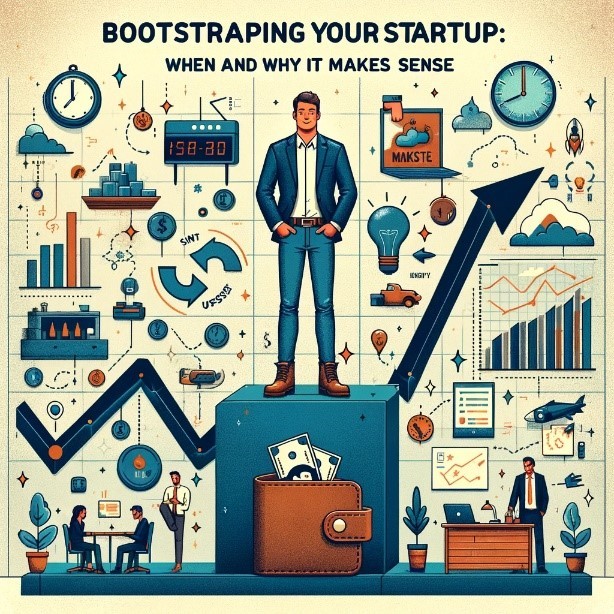Ecommerce forms an essential part of our economy, and it is only going to increase. This is great news for startups looking to expand into an online space, however it is also highly competitive, and can be daunting if you’re not sure where to start. With numerous options and considerations, such as costs, features and technical details, the process can be overwhelming.
Enter, Shopify, the user-friendly ecommerce platform, offering a streamlined approach to selling. We consulted ecommerce specialist Alex Graham to break down the ins and outs of Shopify, so that you can decide whether or not Shopify is the right platform for your startup’s offering.
What is your official job title?
Technical consultant specialising in ecommerce storefronts.
How would you describe Shopify and its utility?
Shopify is a subscription-based ecommerce platform helping businesses and startups to get their online stores up and running. The core Shopify offering covers everything from content management right through to payment processing and inventory management, which gives startups the ability to extend their store’s needs through third part apps and application programming interfaces (API’s).
What sorts of startups or platforms are most suited to Shopify?
Choosing Shopify as your ecommerce solution should come down to whether or not your offering is a physical product or a subscription. While you can choose to just use the platform in a content-heavy manner through the use of blogs or pages, Shopify really shines when you are making the most of all its features.
Can you provide further insights on who should be looking at Shopify, and who should be looking elsewhere?
Shopify is more geared towards a startup’s crucial aspects, like configuring additional store channels (Google Shopping, Facebook Shops or Amazon), or handling customer support tools (live chat). Any startup seeking a robust content management system and tightly coupled ecommerce functionality should consider whether Shopify is the right fit for them. They have an excellent team of easy to reach experts to explain where and how Shopify can work for your startup. In the case that your business or startup is looking for a more content heavy website without the need for a fully-fledged ecommerce backend, then a platform like WordPress would probably be a better fit.
What do you look for in a project brief? And how can founders optimise their efficiency when contracting developers?
When inspecting a brief, I primarily look out for a clear path to market or launch. Having a clear path in mind justifies the scope and will aid the developer in flagging things that might be non-business critical when a tight timeline is necessary. Being able to adjust the scope for the timeline in a flexible manner helps the developer to order operations and prioritise tasks, while ensuring the store gets up and running as quickly as possible. Additionally, startups should have a clear idea of potential growth (given adequate market research has happened beforehand). This assists with the initial development of a storefront, particularly when it comes to selecting technologies and determining potential scaling issues down the track.
What are the strengths and weaknesses of using Shopify compared to other platforms?
Like any hosted ecommerce platform, Shopify has strengths and weaknesses. Its strengths lie around its simplicity and rich feature set, as previously mentioned. However, Shopify does fall short in a few areas when compared to their competitors: the first being their content management system. While the platform does include a content management system, it fails to accommodate for rich and flexible content on a site wide level. It should be noted that Shopify is currently working to address this, and the same functionality can be achieved through the use of third-party apps.
The next weakness is one that all hosted platforms face, scalability. Shopify doesn’t handle content heavy storefronts out of the box and is instead geared towards smaller to mid-sized stores. With millions of customers, transactions and a wide range of products the architecture does not perform as efficiently as a self-hosted solution just yet. That said, Shopify is working towards accommodating large stores as time goes on and has been used for major companies such as JB Hi-Fi, Heinz and Red Bull.
What would be your number one tip for founders and startups looking to use Shopify or any other ecommerce platform?
My number one tip for founders looking for an ecommerce platform really comes down to what you are looking to prioritise with your new site build. If you are looking to prioritise sales and a clean user experience, then Shopify is the way to go. If you are looking for a more content rich experience with robust blogging functionality then it might be best to look elsewhere for the time being.
Need Help? Contact us
Give us a call on 03 8691 3111 or email us at hello@alliedlegal.com.au to enquire about our startup services. We assist startups with their startup needs from legal to sales.
You might also like our article Agile Versus Lean Startups.






